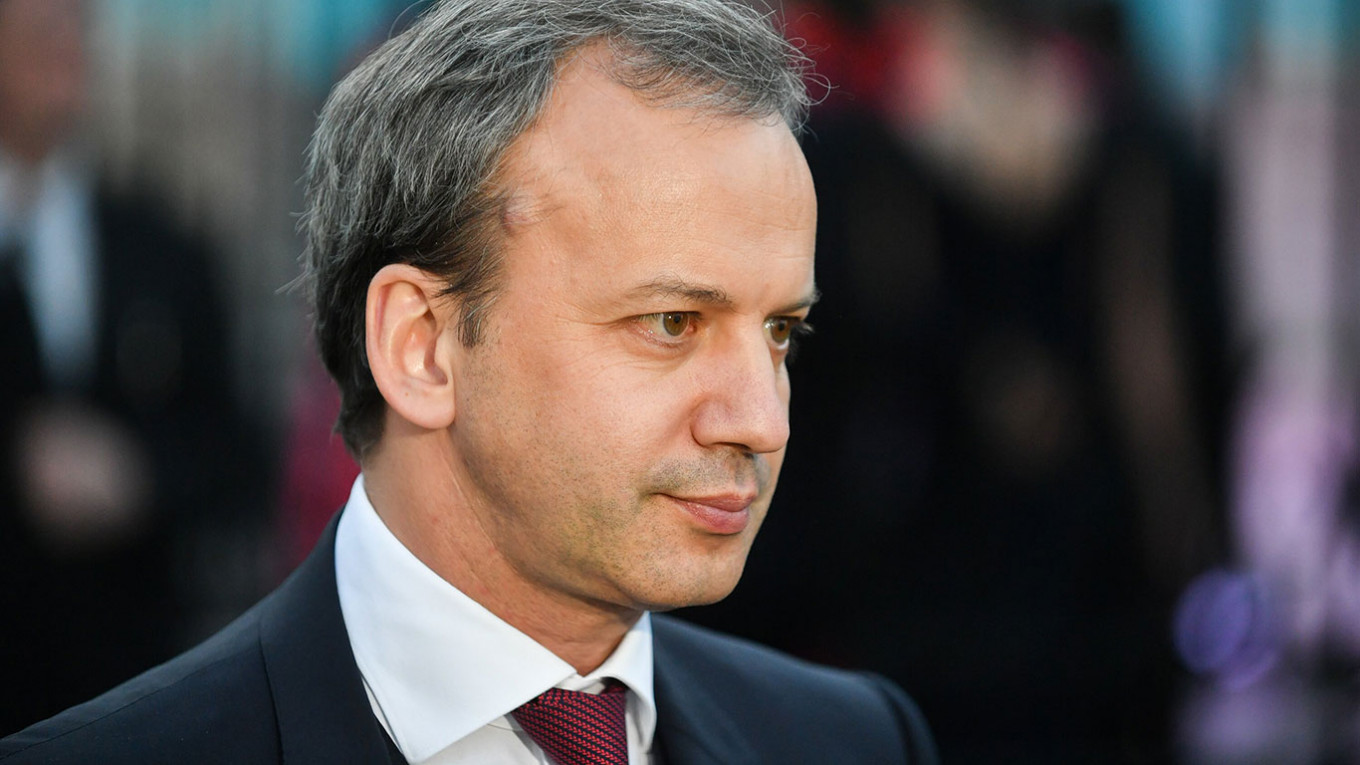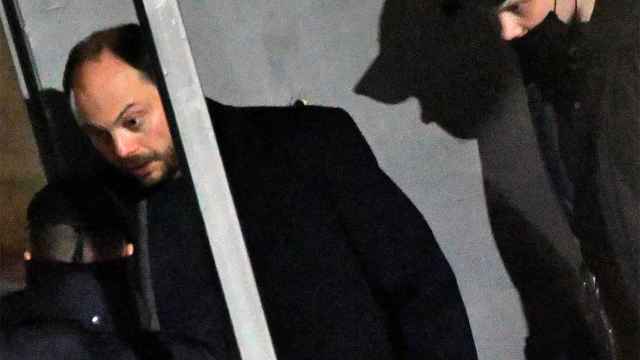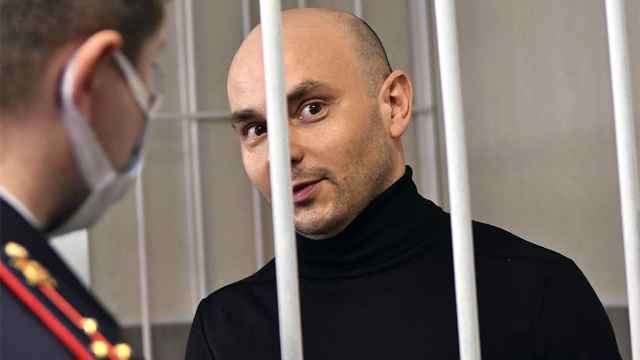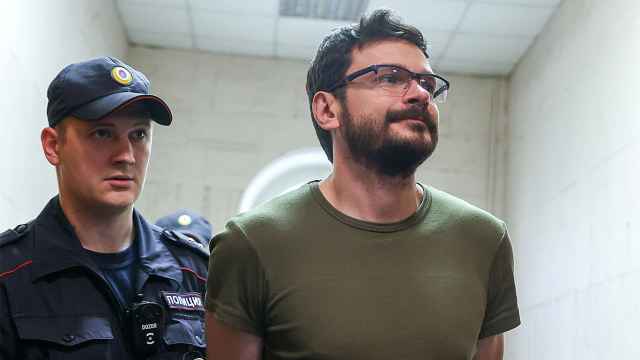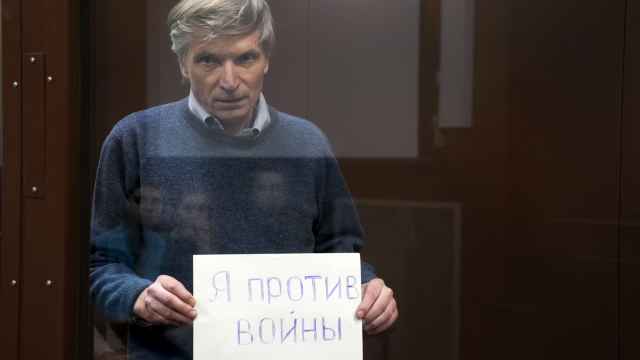Former Kremlin aide and ex-deputy prime minister Arkady Dvorkovich on Friday stepped down as chair of the Skolkovo Foundation after becoming a rare official voice of dissent against Moscow's military intervention in Ukraine.
Established in 2010, the Skolkovo Foundation has aimed to diversify the country's economy from oil and gas, foster start-ups and build a Russian version of Silicon Valley outside Moscow.
"Arkady Dvorkovich decided to terminate the powers of chairman of the Skolkovo Foundation and focus on the development of educational projects," Skolkovo said in a statement Friday.
Dvorkovich, 49, is a veteran Russian government official. He had been chair of the foundation since 2018 and also served as a Kremlin aide and deputy prime minister.
He did not say why he was leaving but praised the foundation for facilitating the development of a "huge number of successful start-ups."
"Skolkovo has always been at the forefront of innovation in Russia, and today, I am sure, it will make every effort to build our country's own competitive economy," he said.
Igor Shuvalov, chairman of the foundation's board of directors, noted that Dvorkovich had also headed the International Chess Federation (FIDE) and considered it "impossible" to hold the two posts "in the current circumstances."
Dvorkovich has become one of the very few Russian officials to publicly condemn what Moscow has termed a "special military operation" against Ukraine.
In an interview with Mother Jones, a U.S. magazine, published this week, Dvorkovich said: "Wars are the worst things one might face in life... including this war."
"My thoughts are with Ukrainian civilians," Dvorkovich said.
Dvorkovich is also head of the supervisory board at Rosselkhozbank, one of the country's largest lenders.
On Friday, Kremlin spokesman Dmitry Peskov said it was up to the bank and Dvorkovich to decide on his post.
A senior member of the ruling United Russia party, Andrei Turchak, had said Dvorkovich should be relieved of his post at Skolkovo.
He accused Dvorkovich of acting in "the enemy's interests."
In a landmark speech this week, President Vladimir Putin defended his tactics in Ukraine and denounced "national traitors", saying the country needed a "natural and necessary self-purification of society."
A Message from The Moscow Times:
Dear readers,
We are facing unprecedented challenges. Russia's Prosecutor General's Office has designated The Moscow Times as an "undesirable" organization, criminalizing our work and putting our staff at risk of prosecution. This follows our earlier unjust labeling as a "foreign agent."
These actions are direct attempts to silence independent journalism in Russia. The authorities claim our work "discredits the decisions of the Russian leadership." We see things differently: we strive to provide accurate, unbiased reporting on Russia.
We, the journalists of The Moscow Times, refuse to be silenced. But to continue our work, we need your help.
Your support, no matter how small, makes a world of difference. If you can, please support us monthly starting from just $2. It's quick to set up, and every contribution makes a significant impact.
By supporting The Moscow Times, you're defending open, independent journalism in the face of repression. Thank you for standing with us.
Remind me later.


